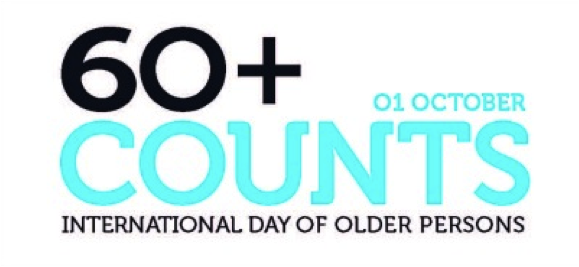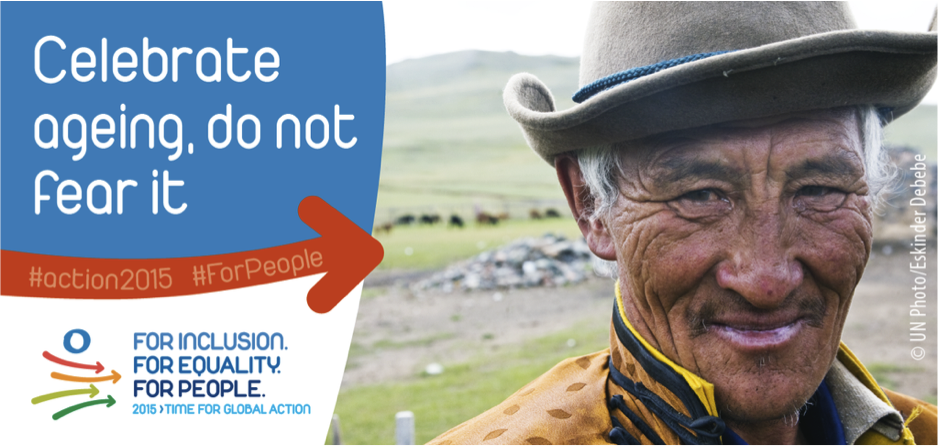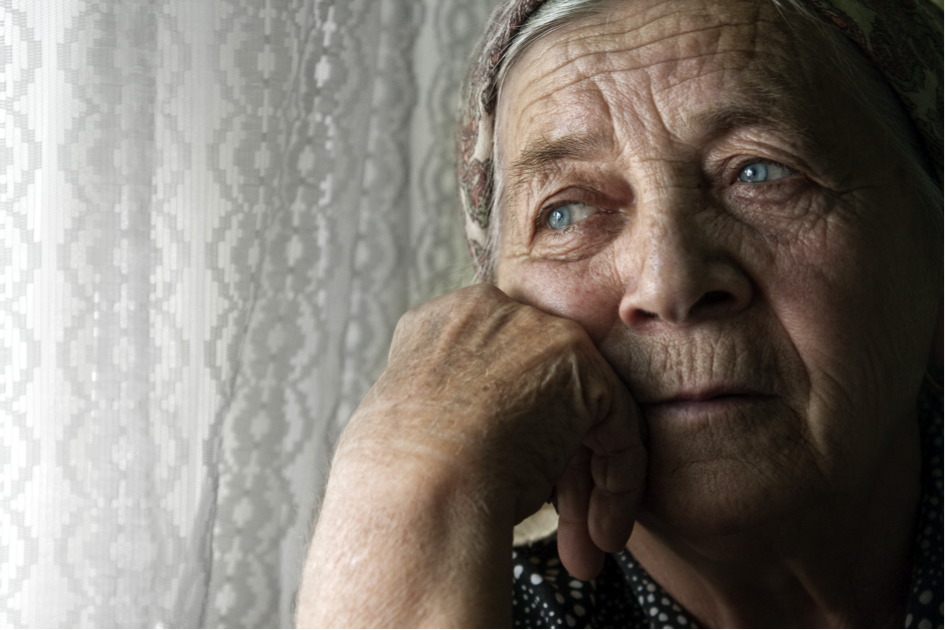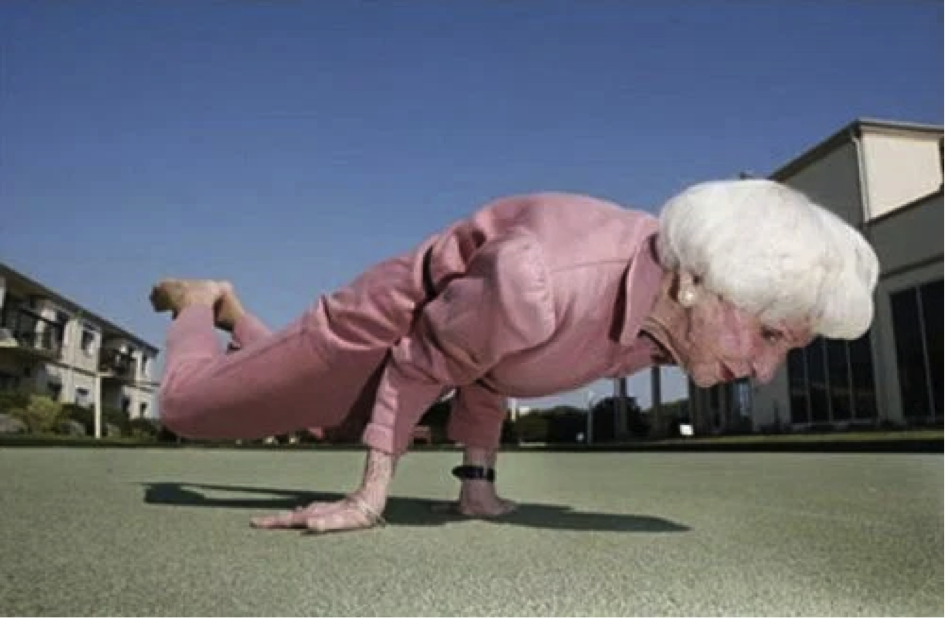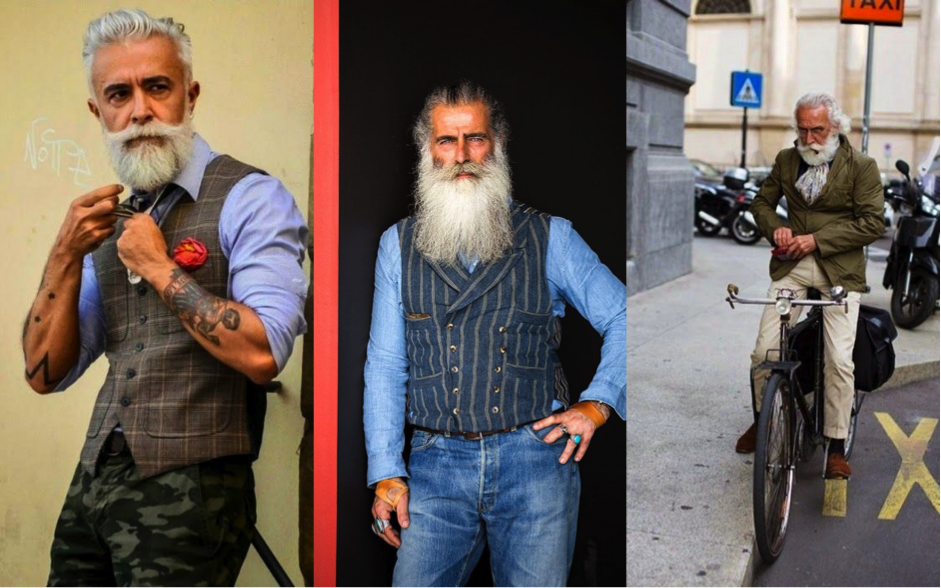Clue – Burger King did not launch a new version of the Whooper.
Well on the first of october, it was the 25th International Older People Day.
It was created in 1990, by the UN, as part of a program to raise awareness on the issues surrounding ageing, as well as promote the contributions of elderly to the society.
If you have not heard of it, it is not much of a surprise, given the fact it is lost in a sea of other celebrations, and that if you go on the web, one can see that few medias talked about it, and few cities or governments took up this opportunity to speak about elderly.
So what is the use of such an – International Older People – Day?
International organizations did talk about it, and some initiatives took place in countries, such as the “give an old person a flower” by the NGO Petit Frère des Pauvres or “visit an old person” by Alliance VITA.
Although it probably did not reach a lot of people, for the people it did reach it delivered a pretty powerful message !
Most of the official talks were done by the UN (United Nations) or the WHO (World Health Organization). Their spokespersons / press releases tackled the stereotypes of elderlies as frail and dependent.
Both emphasized:
- the need for changes to happen and for society to evolve with its ageing population, meaning that there should be urban, health-care measures,
- as well as the added value elderly could bring to the society, if given the opportunity.
But as several of the WHO representatives underlined it in side-statements, the first challenge is to make people change their mind about elderlies, and view them under a more positive light. As Dr. John Beard, WHO Director of the Department of Ageing and Life Course, puts it “Unfortunately, 70 does not yet appear to be the new 60, but it could be, and it should be”.
Really, elderlies face a perception challenge? Yes – R E A L L Y
At this point, you might think “but I have a rather good opinion of old people”, I don’t think there are that many bad stereotypes or prejudices associated with the fact of being old.
A quote by one the organizers of the Alliance VITA initiative is quite enlightening on the subject:
“It – being in the contact of elderly – made us realize of the youthfulness and of the positive state of mind of numerous older people, which goes against the prejudices that we can usually have (pessimistic and bitter)”.
VS
Agism?
A French sociologist, Jean-Jacques Aymot, in an article published on that very day, goes as far as speaking of “âgisme” or agism, following the naming of racism or sexism.
He argues that old people are discriminated and prejudiced against in daily life – someone drives badly it must be an old person or a woman, old persons are boring-. This negative perception even influences the way old people are going to think about themselves. Thus he pushes forward a less age-based differences and more opportunities for elderly to be integrated in the society. For example, he believes, the driving license should not be taken away automatically when someone turns 60, since eye related problems don’t usually patiently await that age to declare themselves.
So there might indeed be a slight problem of perception.
Speak up:
Tell us what you think about âgisme.
And if you want to have some cool news about old people, follow us on Twitter / Facebook / Instagram.
Raphaëlle Barbier

